Advertisement
Use a hair dryer — not a coat hanger — for itches
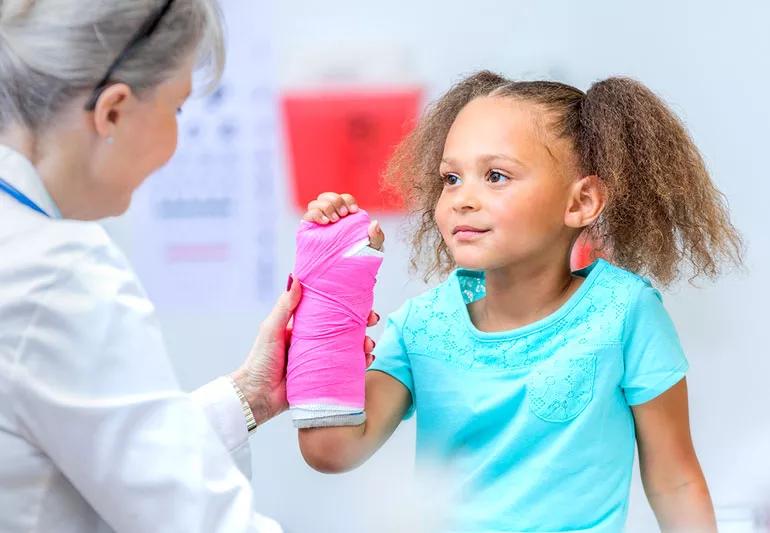
“It’s itchy.” “It’s hot.” “It’s in the way.”
Advertisement
Cleveland Clinic is a non-profit academic medical center. Advertising on our site helps support our mission. We do not endorse non-Cleveland Clinic products or services. Policy
Wearing a cast can be awkward for your child, says pediatric orthopaedic surgeon Ryan Goodwin, MD. But it’s sometimes the best way to help a broken bone heal correctly.
Some fractures can be treated with splints or slings, he says. Others — in which bone segments are out of place — require realignment and a cast to hold them secure. Limiting movement also can help decrease pain.
DON’T get non-waterproof casts wet. If conventional padding inside a cast gets wet, it won’t dry. Neither will the skin next to it. That can cause significant problems, including skin infection, skin death and permanent scarring, Dr. Goodwin says.
So, avoid the swimming pool. And try sponge baths instead of showers. Use a plastic bag or special cast cover (available in stores) for splash protection.
Bathtub dunks and other accidents do happen, however. If your child gets his or her cast wet, call the doctor as soon as possible. The cast should be replaced within 24 hours.
Waterproof casts — which can be completely submerged in fresh water — are an option for some.
“Waterproof padding doesn’t conform as tightly as cotton, so it’s not appropriate for fractures that require the most immobility,” Dr. Goodwin says.
DON’T stick anything in the cast. You’ve heard about sticking a coat hanger or pen inside the cast to scratch an itch. Don’t do it. Broken or irritated skin — which you can’t always detect under a cast — can lead to infection.
“I’ve seen permanent skin injuries from something as simple as losing a pen cap inside a cast,” Dr. Goodwin says. “If something presses on skin for too long, it can cause scarring.”
Also steer clear of sand, dirt and other granules that can infiltrate a cast and irritate skin.
DO soothe itches. Use a hair dryer to blow cool air into the cast. Or try antihistamines to control itching. Never put powder, lotion — or anything else — inside the cast.
DO call the doctor if your child has pain, tingling or swelling. The fingers, toes or other body parts extending from your child’s cast should be their normal size and color. If they are changing color, swelling or numb, the cast may be too tight. See a doctor for help.
Other reasons to get to a doctor include:
DO treat the cast as part of your body. That means don’t pick at it (or the padding), stick things inside it or otherwise try to damage it.
“Treat it with care,” Dr. Goodwin says. “If your child lets the cast do its job, they should be cast-free in a few short weeks.”
Advertisement
Learn more about our editorial process.
Advertisement

Footwear that offers cushioning plus heel and arch support can help you relieve and manage symptoms

Over-the-counter pain medications, typing pads and wrist braces can help when you’re in a wrist pinch
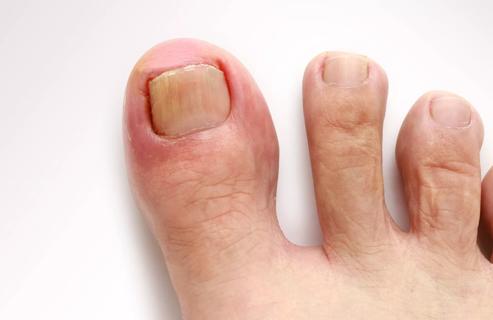
Pain meds, toenail protectors and petrolatum jelly may spare you a trip to a podiatrist
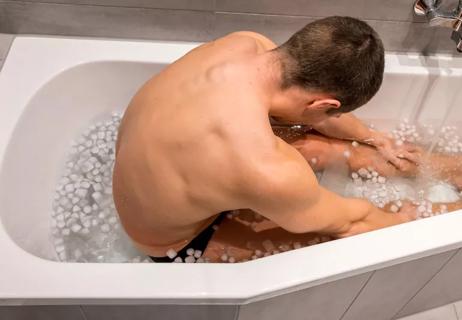
An ice bath can ease sore muscles and decrease inflammation after a workout
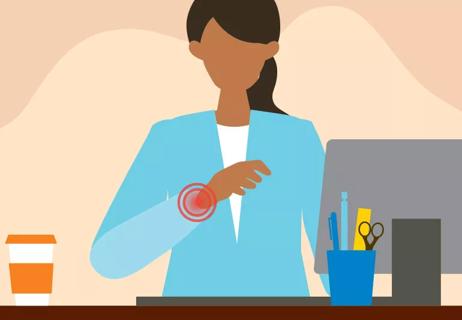
Wrist flexor and extensor stretches are the best stretches for wrist pain
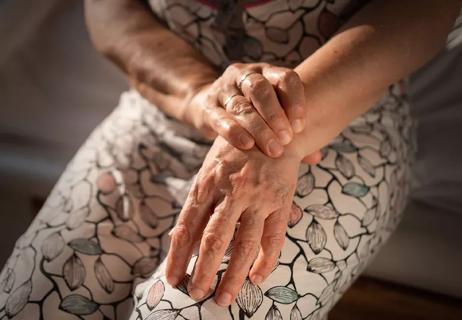
Simple exercises like tendon glides and finger lifts can have a big impact

They can last 10 to 15 years, but factors like age and activity level can impact their longevity
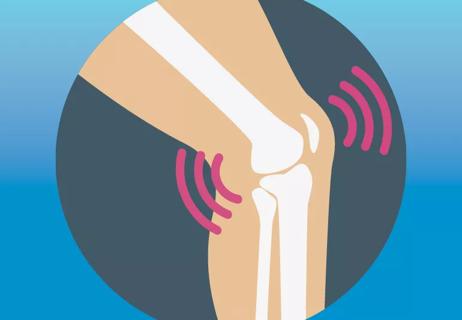
It’s a normal, common occurrence, but popping with pain or swelling may be a sign of an injury

Focus on your body’s metabolic set point by eating healthy foods, making exercise a part of your routine and reducing stress

PFAS chemicals may make life easier — but they aren’t always so easy on the human body

While there’s little risk in trying this hair care treatment, there isn’t much science to back up the claims